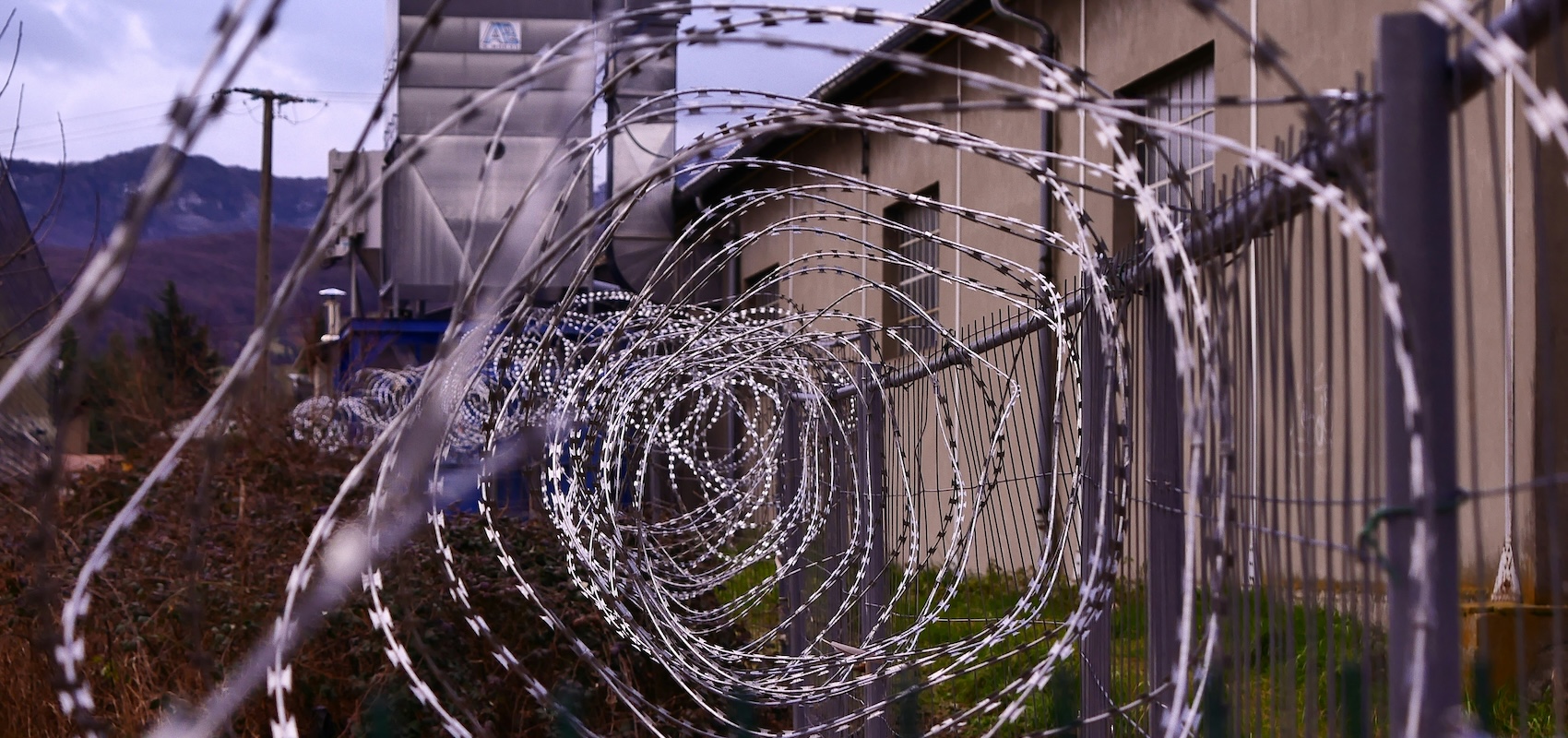
ICE began detaining Iranian asylum seekers after the bombing of Iran’s nuclear refinement facilities on June 22. Among them is Shabnam Maleki, a beloved member of the church I pastor in Colorado Springs. Detaining asylum seekers like Shabnam makes it much more difficult for them to access the representation and resources necessary to win their claims. For Shabnam, this is a matter of life and death.
Even as a little girl, she struggled with the teachings of Islam. She could not understand why Allah would imbue her with talents and abilities but forbid her to use them—the interpretation of Islamic law enforced by the Iranian regime. When she was twenty-one, Shabnam encountered a Bible verse in an English-language magazine in her dentist’s office. Intrigued, she began to ask questions, and eventually found her way to an underground church. She attended every Wednesday and soon became a Christian.
Eventually, her father became suspicious and followed her to the underground church. He then beat her, forbade her to go back, and told her that if she ever mentioned Jesus or attended the church again, he would turn her and the church in to the government, and they would be killed.
In order to protect her friends, Shabnam stopped attending. She continued praying daily and tried to find Bible verses online. A few years later, she reunited with a member of the church and started going again.
Then, in May 2022, Shabnam’s company sent her to work on research at the University of Colorado, Colorado Springs (UCCS), which sponsored her visa. She was thrilled about the professional opportunity, and shortly after arriving, she was baptized at a local church. Shabnam told a friend in Iran about her upcoming baptism. Although this friend had seemed accommodating of her newfound faith, she told Shabnam’s father.
Her father notified the Iranian government about both his daughter’s conversion and the underground church. To her horror, Shabnam learned that the church was crushed: One man was killed, and a woman raped and killed. Her father disowned her and promised to kill her if it was the last thing he did. In July 2022, the chief justice of Tehran province declared Shabnam an apostate from Islam and ordered her employer to deliver her to an Iranian court to stand trial. Their plan was to arrest her at the airport upon her return.
Christians in Iran face ostracism, financial ruin from denial of employment, and even death. Laleh Saati tried for years to gain asylum in Malaysia; when she finally had to return home, she was arrested, brutally interrogated, and sentenced to two years in prison for the “crime” of becoming Christian. Even Christians who avoid imprisonment face serious consequences. Jimmy Al-Daoud, a Chaldean Christian raised from infancy in Michigan, was deported to Iran in 2019. He died there, ostracized and alone, having been denied the insulin he needed to survive.
When Shabnam realized she was in danger of being forced to return to Iran, where she would be killed, she contacted an attorney, who helped her apply for asylum. She was notified by the Department of Homeland Security: “You may remain in the U.S. until your asylum application is decided.” Shortly thereafter, she was authorized to begin working and took a job in the hospitality industry, where she stood out for her kindness and work ethic.
Then, on July 3, 2025, Shabnam was arrested by ICE. She must now await her asylum decision in a detention center.
Being detained makes it much harder for asylum seekers to present a robust claim. Apart from enduring substandard medical treatment, rest, and nutrition, it is more difficult to meet with one’s attorneys, which reduces the likelihood of the claim succeeding. The statistics bear this out: Immigrants who acquire legal representation and are not detained are five times more likely to obtain relief than detainees with representation.
Shabnam has good legal representation, and we’re thankful for that. But she shouldn’t have to sit in a detention center.
Her faith is sincere. And the threat is real: If she is deported to Iran, the Iranian government has made it crystal clear what it will do to her; and even if she is only jailed, she will have to face her murderous father upon release. The other possibility, if she is denied relief, is that she will be relocated to a different country, which would also be devastating.
Shabnam isn’t the only Iranian immigrant in this situation. Donna Kashanian was detained earlier this year in similar circumstances, but through the efforts of her community and of House Majority Leader Steve Scalise, she was released. Donna’s story is a happy one. But there are untold numbers of Iranian Christians who did not have the resources to defend their asylum claims and were deported. Their fate is unknown.
Shabnam has been a sincere and joyful member of our church in Colorado Springs. She attends services on Sunday, fellowships with members during the week, and volunteers in our children’s ministry. In June 2025, she became a member of our church. Because of these activities, her life is in jeopardy if she returns to Iran.
Asylum seekers fleeing religious persecution should not be detained while their cases are heard. They should be free to access the legal representation and resources necessary to make as strong a case as possible. When they are denied that freedom, especially when the stakes are life and death, we as Christians have a duty to advocate on behalf of our brothers and sisters in Christ.
An Important Civics Lesson, Well Taught
The permanent exhibit in the rotunda of the National Archives in Washington, D.C., includes original copies of…
Tyler Robinson and the Violence of Porn
Multiple media outlets have reported that Tyler Robinson, the alleged murderer of conservative activist Charlie Kirk, was…
Faith Returns to the Public Square
Pastors, pundits, and politicians gathered in Phoenix last Sunday to remember Charlie Kirk. Seventy thousand people filled…
